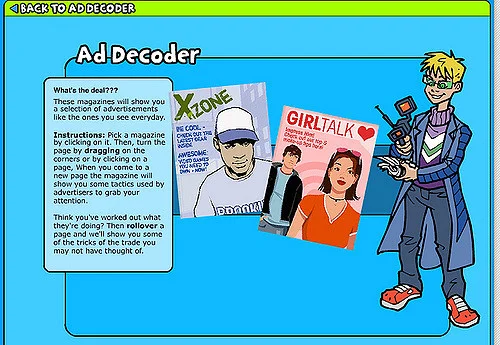Can Games be Transformative?
/Can a game be designed to transform how the player/learner thinks?
We know that a game can help the player/learner acquire and improve a skill set. A game can develop problem-solving skills. Players can become active learners in that they seek out information that empowers them. A good educational game encourages player/learners to apply concepts and principles, to develop and test theories and strategies. In an earlier post, we suggest that a good game can be a form of problem-based learning in that it invites the player/learner to seek out the knowledge and skills, and to collaborate with others to craft solutions to ill-defined problems presented in the game.
But can a great game transform the lives of the player/learner with respect to the subject of the game by the vary act of playing the game? Can game-play change a player/learner’s attitude about the subject of the game? Can it affect the personal beliefs about the subject of the game?
Jane McGonical thinks so. (you can learn about her in an earlier post). She even created a game that transformed her life called Super Better. She created this game to help her overcome brain injury, and has since helped others to adapt Super Better to transform their lives by managing severe illness.
We thinks games can transform lives, too.
What do you think?
In the next post, we’ll explain why we think transformation is important in financial literacy education.




















